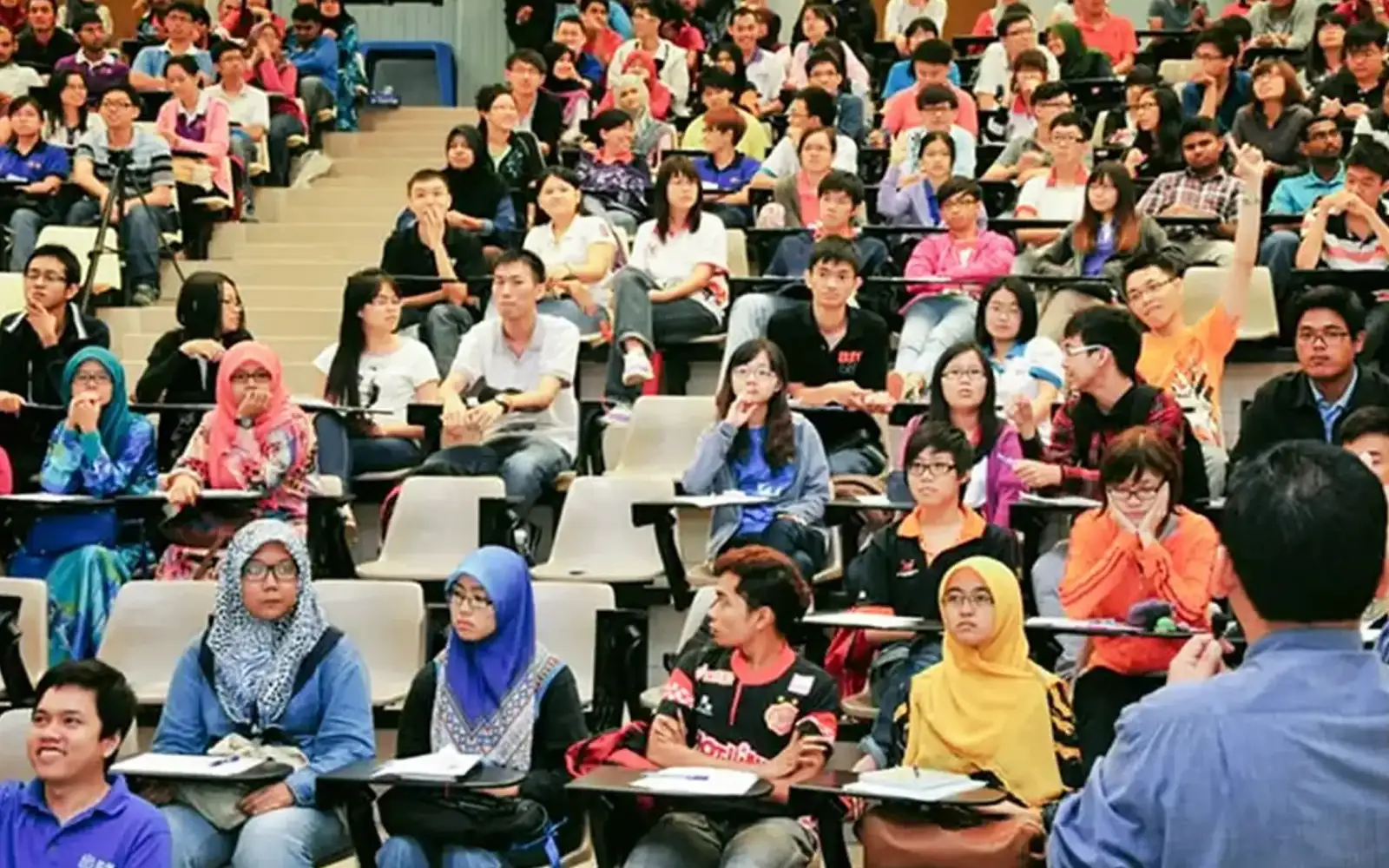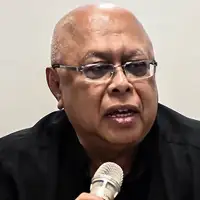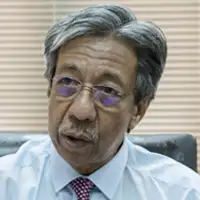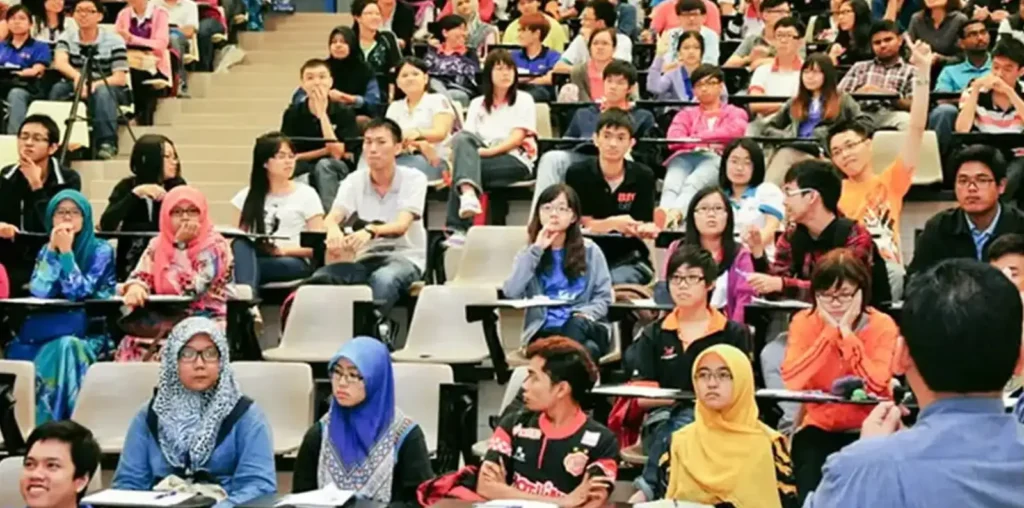
PETALING JAYA: An academic says exempting public universities from the Statutory Bodies (Discipline and Surcharge) Act 2000, or Act 605, will encourage more scholarly discussions, instead of unfounded statements spewed by “kangkung professors”.
Coined by academic Syed Hussein Alatas, the term “kangkung professors” describes faculty members who lack knowledge and do not deserve to be called thinkers or intellectuals.

Malaysian Academic Movement deputy chairman Zaharom Nain said the proposal to exempt universities from Act 605 was first made during the Pakatan Harapan administration in 2018, but rejected by then prime minister Dr Mahathir Mohamad.
He said the matter had been raised again with higher education minister Zambry Abdul Kadir to allow academic activities to be conducted freely without being hindered by civil service restrictions or the Universities and University Colleges Act 1971.
He said the two Acts in question are restrictive and need to be abolished to allow universities, academics and students to freely pursue knowledge based on critical thinking and evidence.
“Choose competent and reputable academics to work in universities, not ‘kangkung professors’.
“Selections should be based on expertise, not skin colour, ethnic group, gender or other nonsensical factors.
“The appearance and proliferation of ‘kangkung professors’ is a result of the dominant feudal culture in local public universities, where those who flatter (their superiors) are rewarded with opportunities for promotion.
“The more untalented (academics) there are, the more people there are who’ll ramble on without thinking. Even though we have Act 605 in place, this has not stopped them from making ‘stupid’ arguments,” he said.
Last Tuesday, Zambry said in the Dewan Rakyat that his ministry would review the proposal to exempt public universities from Act 605 to ensure freedom of speech among academics while empowering thinkers to drive the country.
This follows a circular issued by Universiti Kebangsaan Malaysia to all academics and staff concerning a directive forbidding civil servants from issuing public statements, including through social media.
However, on Oct 18, UKM issued a statement denying that it restricts the freedom of academics and staff to make statements, whether orally or in writing, including through social media.

Meanwhile, National Professors Council senior fellow Teo Kok Seong said there was no need for legal regulations just to curb academics from making statements that are not based on facts.
“These are isolated cases. Maybe only one or two cases. Perhaps universities could discuss or give warnings to academics through the ministry’s academic integrity department, according to the severity of the case.”
Teo said debates and fact-checking should be carried out to avoid wrongly punishing academics.
“Maybe they have the facts, so their results must be tested to see if they hold up.”

